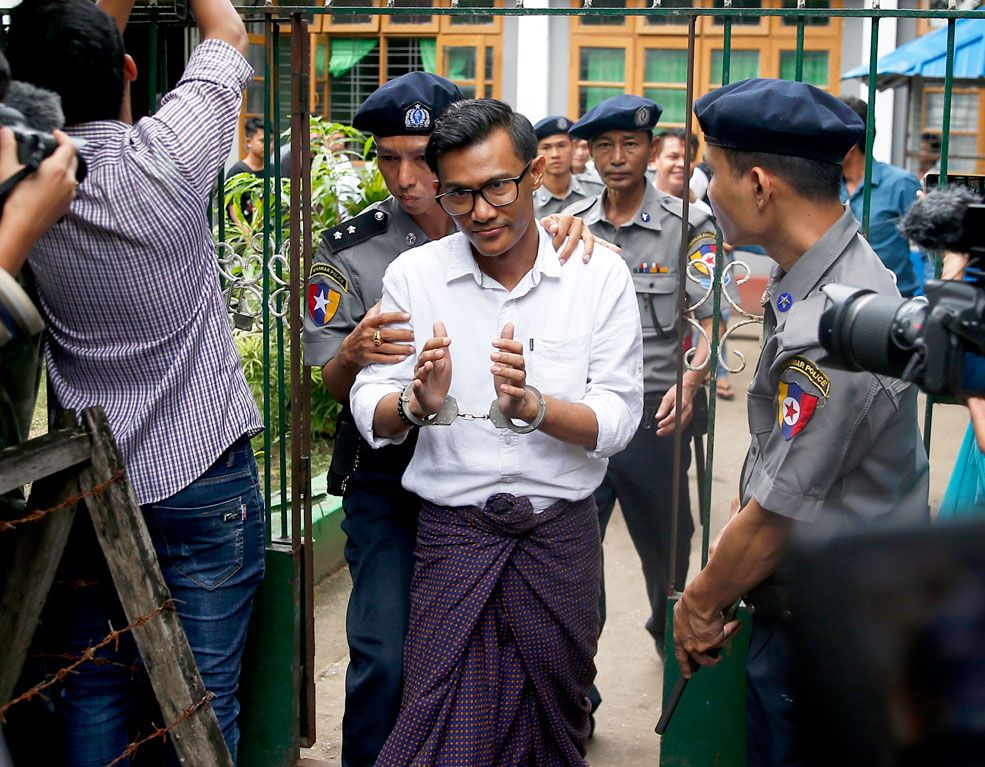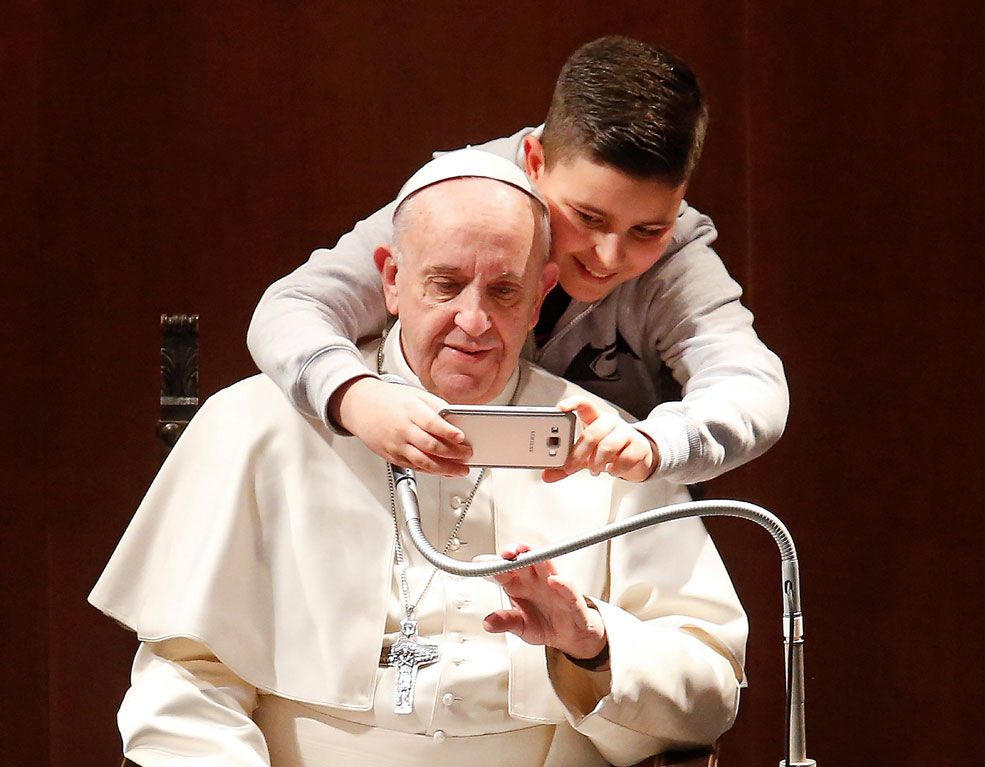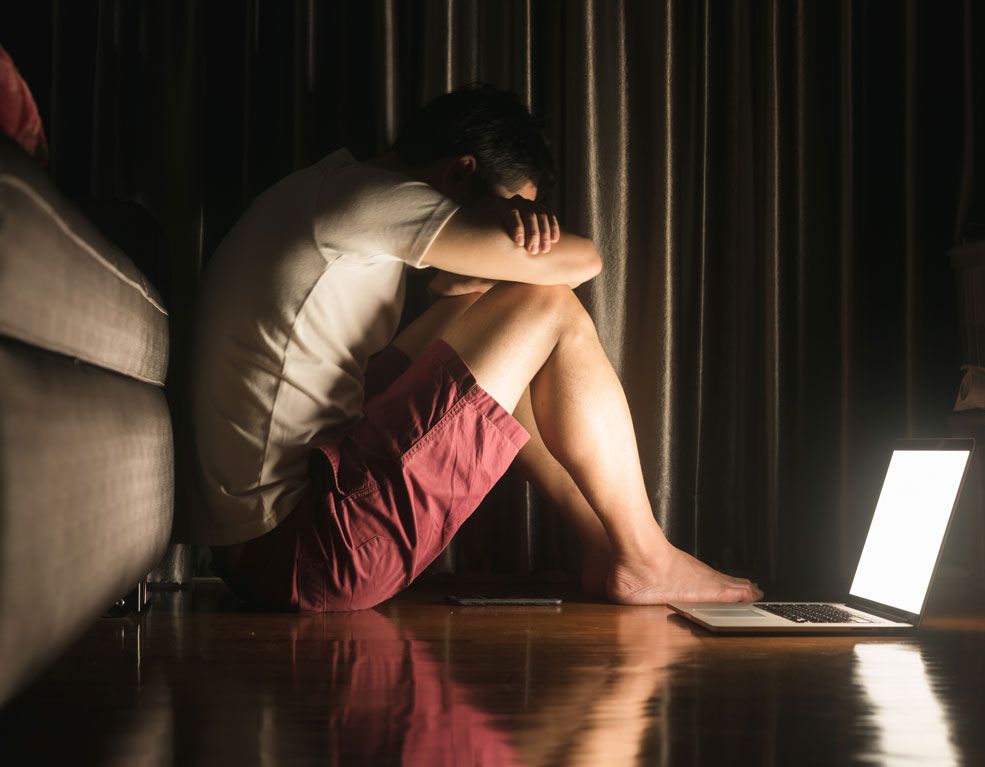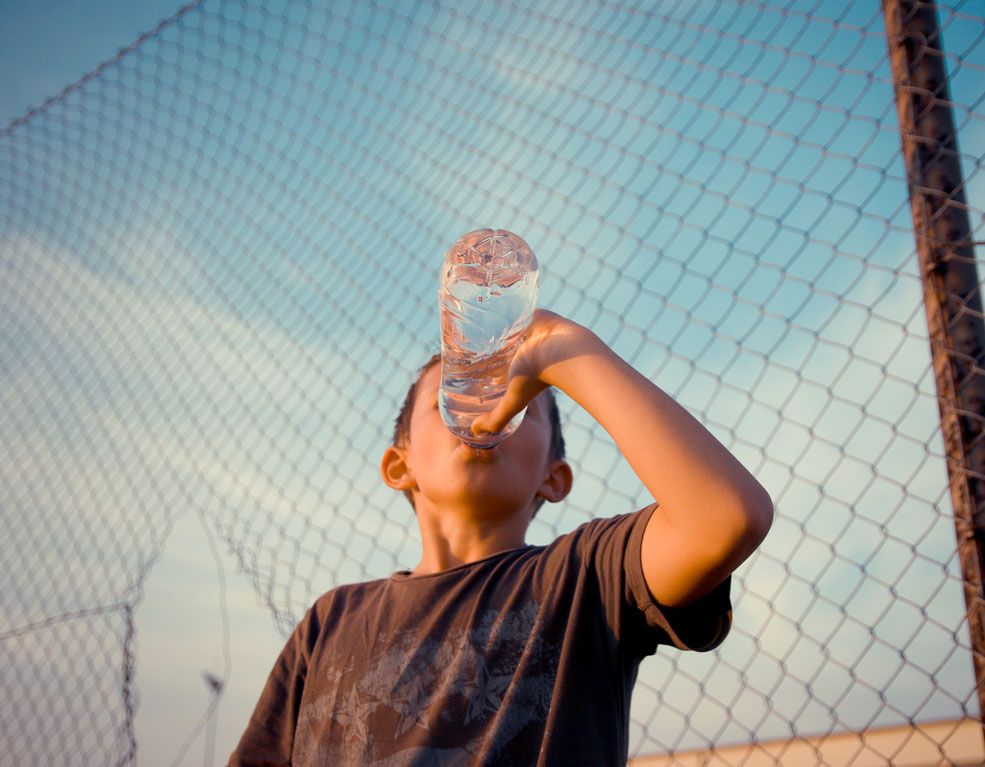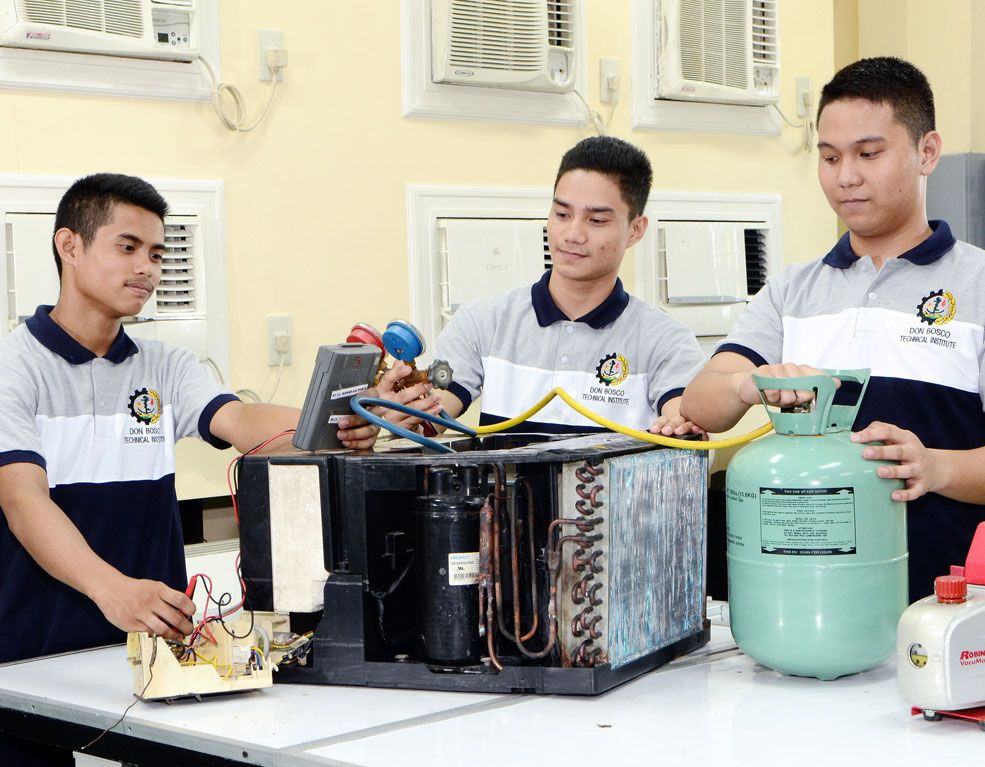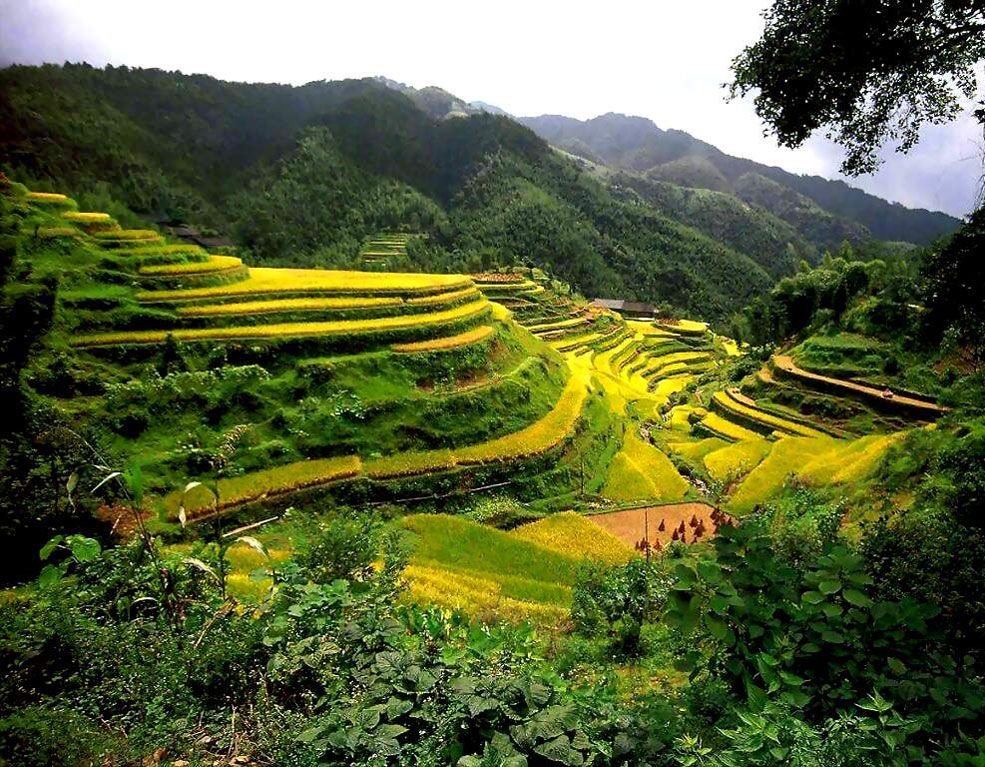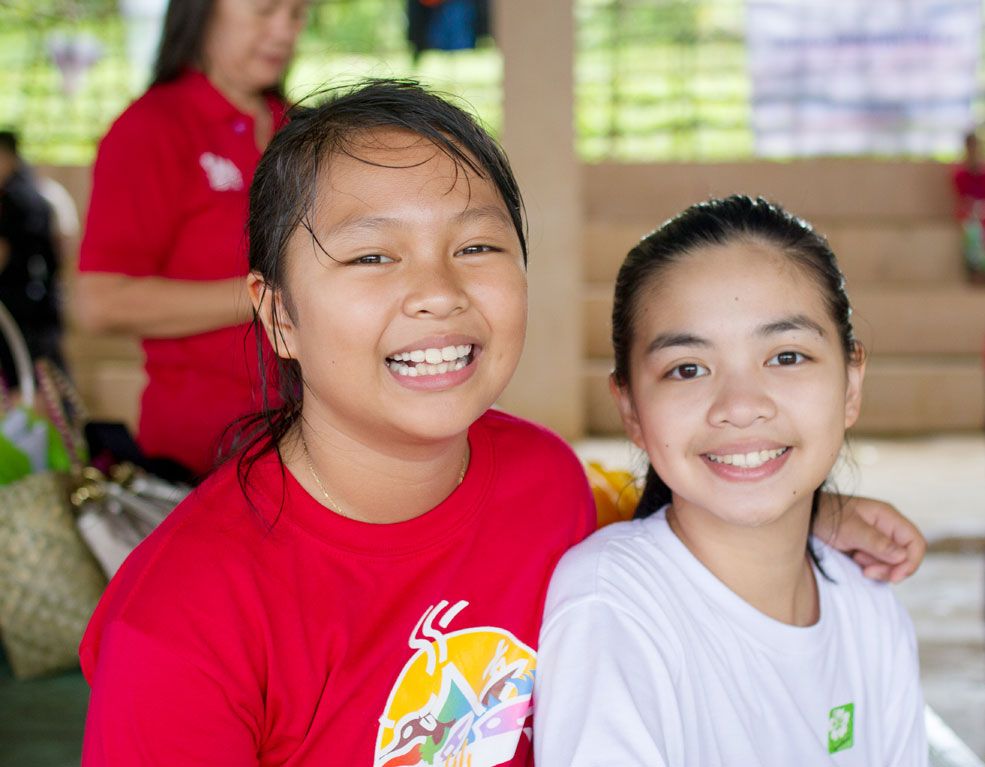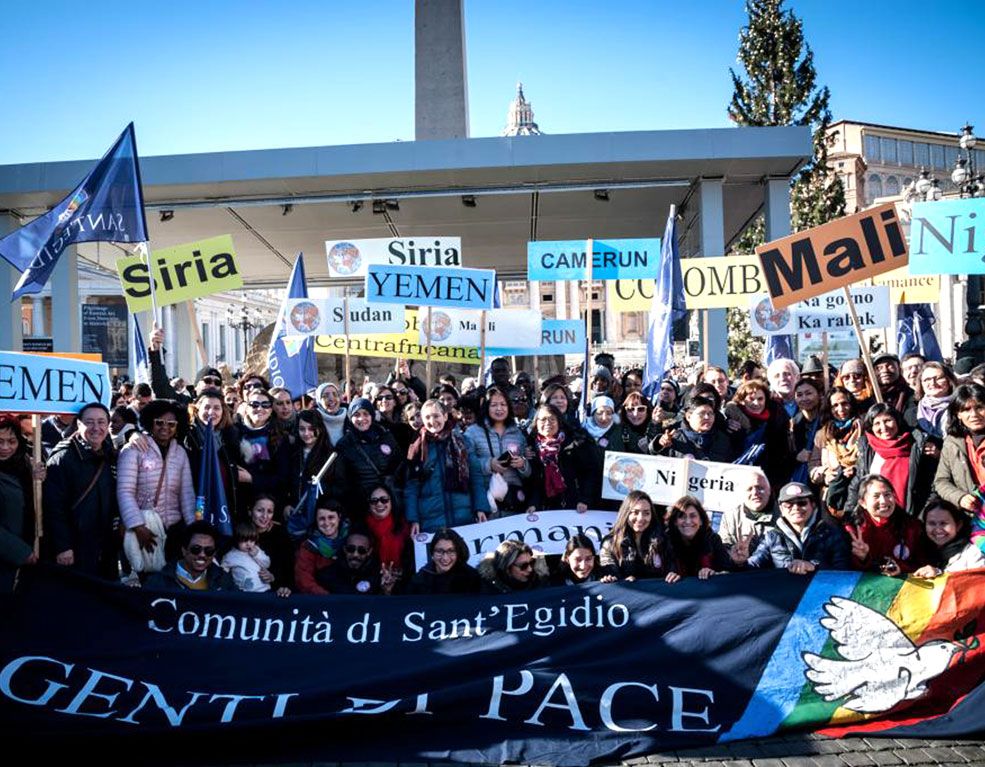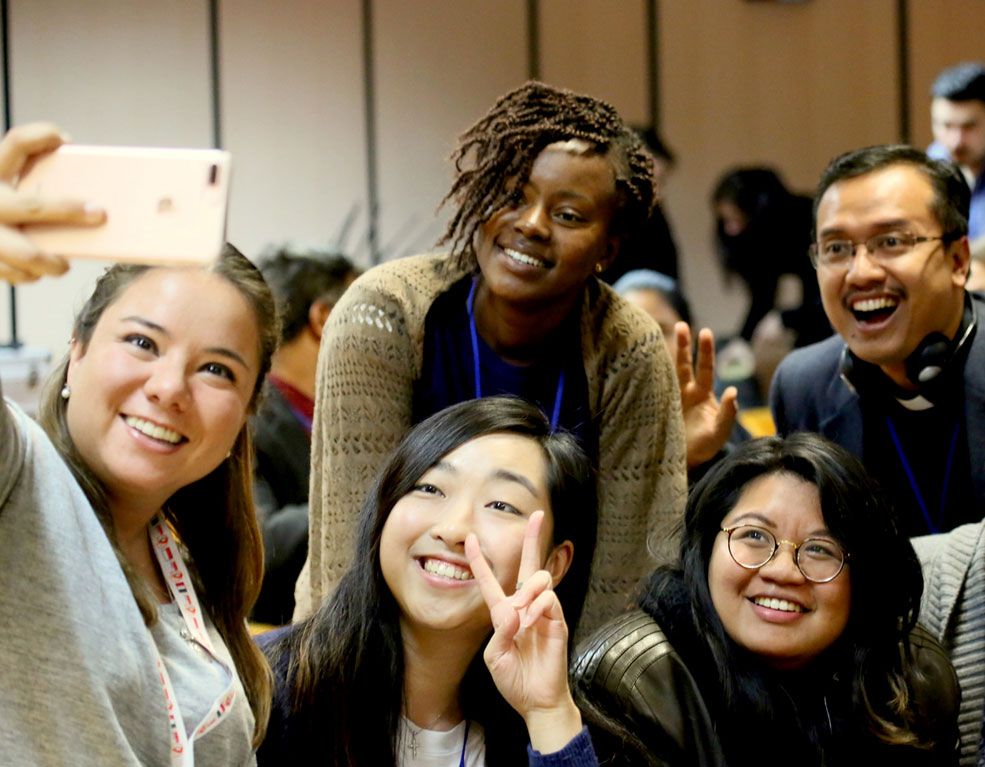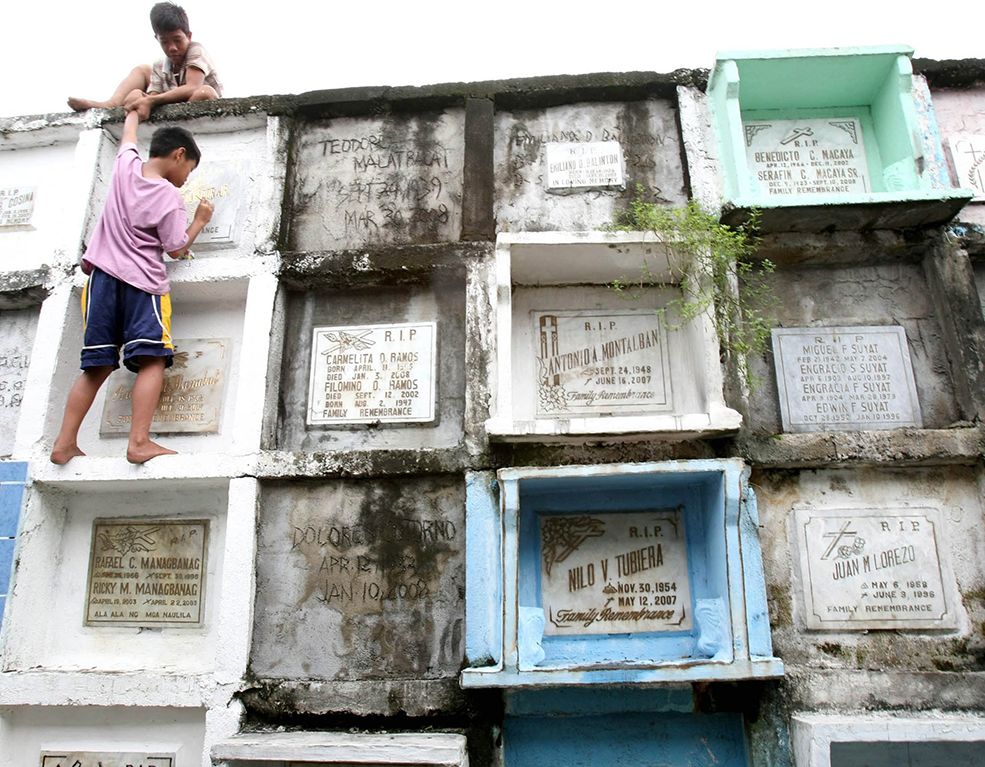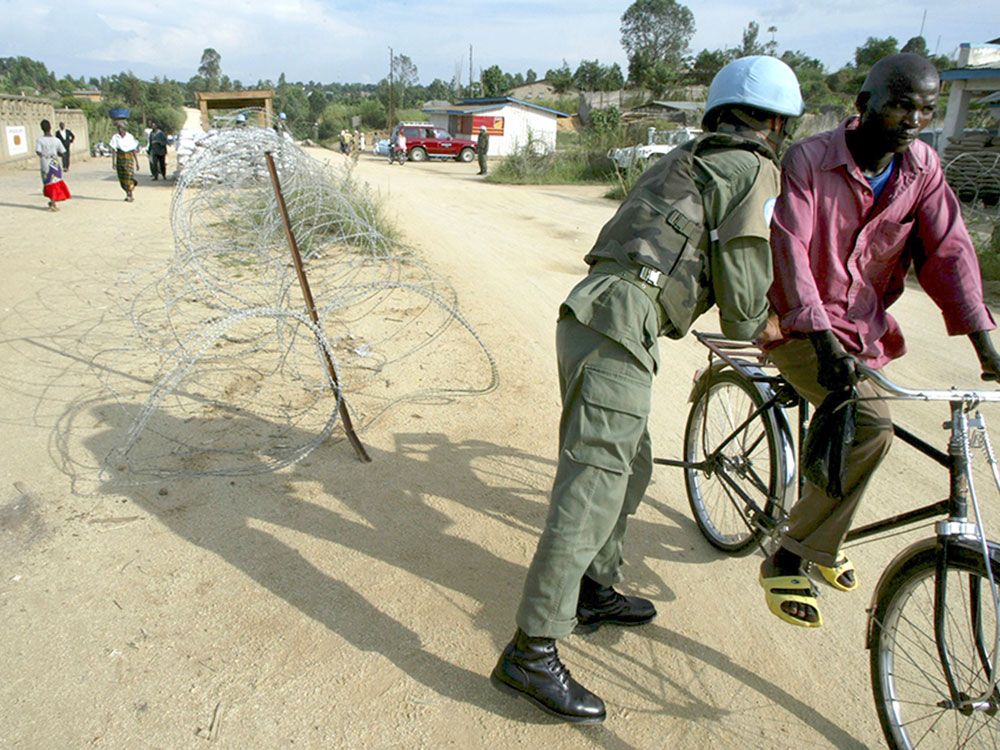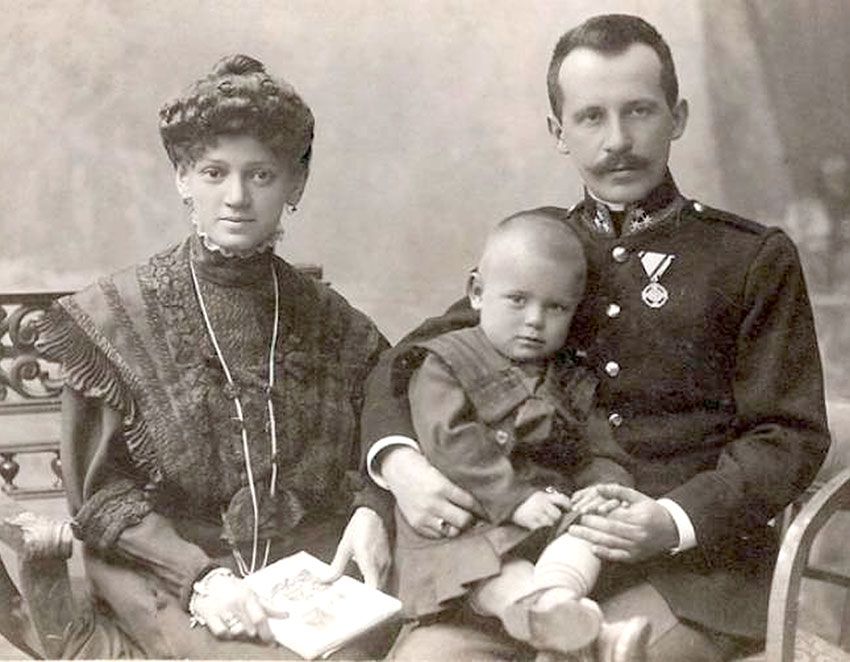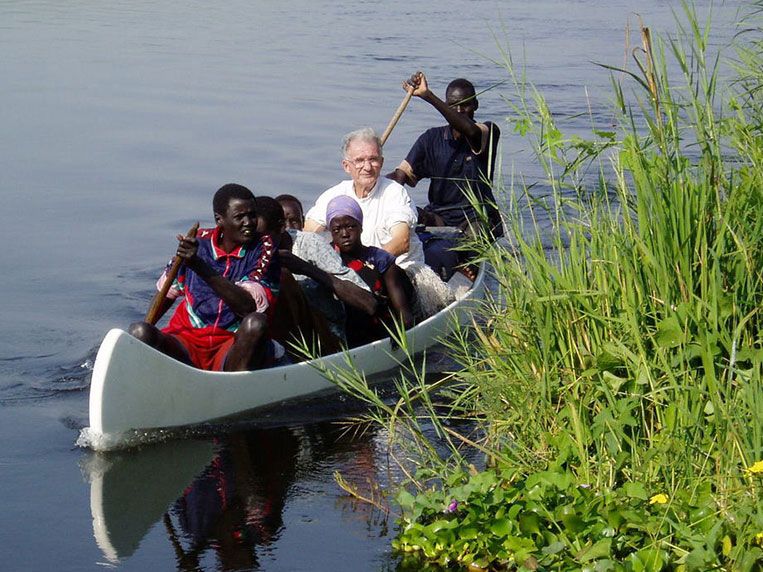Church leaders across Asia have expressed alarm over threats to press freedom amid reports of increasing attacks and intimidation of journalists, resulting in growing levels of self-censorship. Media advocacy group Reporters Without Borders (RSF) said it takes a “lot of courage” to work as a journalist these days amid the threat of censorship, intimidation and even violence. In its annual World Press Freedom Index, the group noted that governments across the region have been using laws to cultivate an atmosphere of fear among journalists.
Philippines
In the Philippines, where several journalists have been killed in recent years, the RSF said that the persecution of media practitioners was accompanied by online harassment campaigns. Church leaders, critical of President Rodrigo Duterte’s administration, described the press freedom and freedom of information situation as “precarious.”
“The government is not tolerant of those who criticize it,” Manila Auxiliary Bishop Broderick Pabillo said. He said “trolls” have been employed to frighten and threaten people “who express ideas contrary to what the government presents.”
Bishop Ruperto Santos, head of the Episcopal Commission on Migrants and Itinerant People, said that press freedom in the Philippines is “under threat and being undermined.” “There is a tendency and trend to suppress,” said the prelate as he called for vigilance “to protect and promote [press freedom], especially against the proliferation, even from higher ups, of fake news.”
Government spokesmen, however, maintain the country remains “the freest if not one of the freest” in the region. “Press freedom remains vibrant in the Philippines; now it is protected,” said Joel Egco, head of Duterte’s Presidential Task Force on Media Security.
India
In India, Bishop Salvadore Lobo of the Office for Social Communication of the country’s Catholic bishops, said that journalists face a lot of challenges. Bishop Henry D’Souza of Bellary, who also works with the Office of Social Communication, expressed regret over what he described were “subtle efforts” to erode press freedom in India. Across the country, violence against journalists has taken place with relative impunity.
Bangladesh
Father Augustine Bulbul Rebeiro, secretary of the Social Communication Commission of the Bishops’ Conference of Bangladesh, said, “freedom of expression is suffering from a culture of self-censorship.” He said that the media in Bangladesh is “under indirect but strong pressure” and journalists have tried to play safe because they also want to “enjoy [the] safety and security of life.”
However, Shakhawat Hossain, president of the group Dhaka Reporters’ Unity, said that media freedom in Bangladesh “is much better than India, Pakistan and Sri Lanka.”
Pakistan
Reporting in Pakistan, especially about religion, has become a “risky business” in recent years. Iqbal Khattak of RSF said “peer pressure” and fear of attacks have resulted in self-imposed censorship among journalists.
Father Qaiser Feroz, executive secretary of the Social Communication Commission of the Bishops’ Conference, admitted that freedom of expression in Pakistan is “largely limited.” “Our voices are suppressed especially in news relating to church attacks,” he said.
Indonesia
Attacks on journalists have risen in the past year in Indonesia, according to the country’s Alliance of Independent Journalists. The organization reported at least 64 cases in 2018 compared to 60 reported in the previous year.
Ferdinandus Setu, spokesman of the Church’s Communication and Information Ministry in Jakarta, said that one of the problems for the Indonesian press is the lack of certification of many journalists. He said media agencies and journalists must enhance their capabilities through certification.
Myanmar
Media freedom in Myanmar has regressed in recent years, seen most significantly with the high profile case of two Reuters reporters jailed for reporting on the plight of the Rohingya minority group. The good news, however, is that after 500 days in prison Reuters reporters Wa Lone and Kyaw Soe Oo were released last May.
Media groups noted that gains achieved under former president Thein Sein from 2011-2015 have been lost since the civilian government of Aung San Suu Kyi came to power.
SRI LANKA
Journalists in Sri Lanka continue to await justice for attacks on media personnel over the past two decades. From 2000 to 2015, at least 16 media personnel were killed, 11 of whom died during the administration of former president Mahinda Rajapaksa from 2005 to 2015. Media groups recorded at least 138 attacks on journalists during the same period.
Rights activist Anura Polgahawita, who also works as a journalist, said that the present government under Maithripala Sirisena promised to take swift action in these cases, “but the wheels of justice have moved at an unacceptably slow rate.” Published in Ucanews

